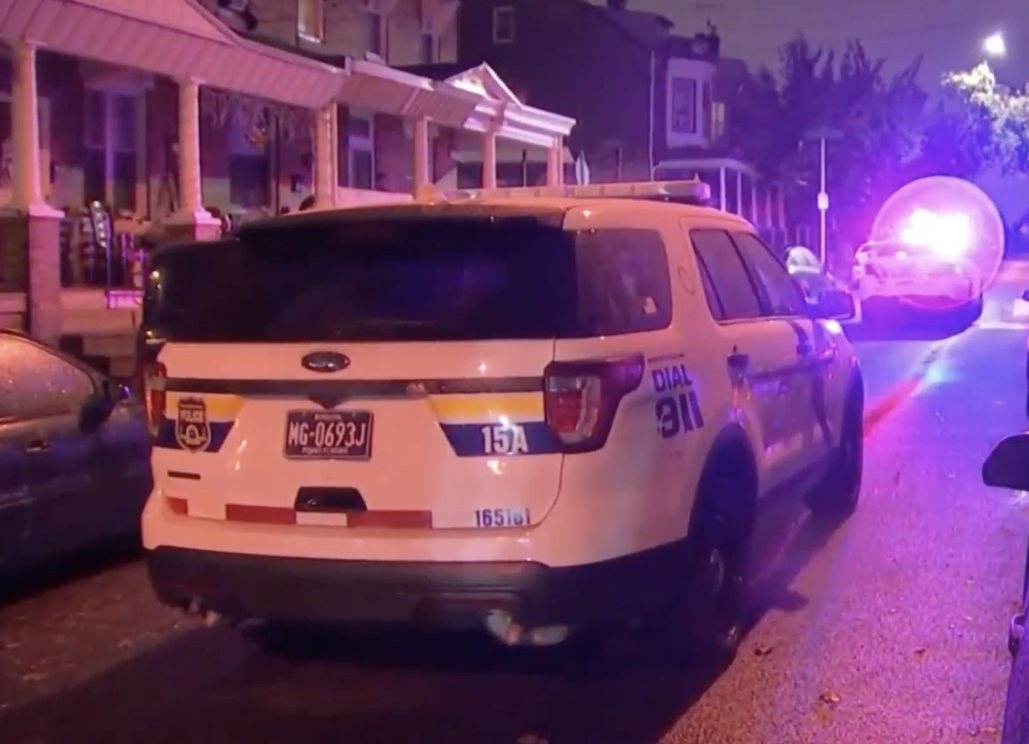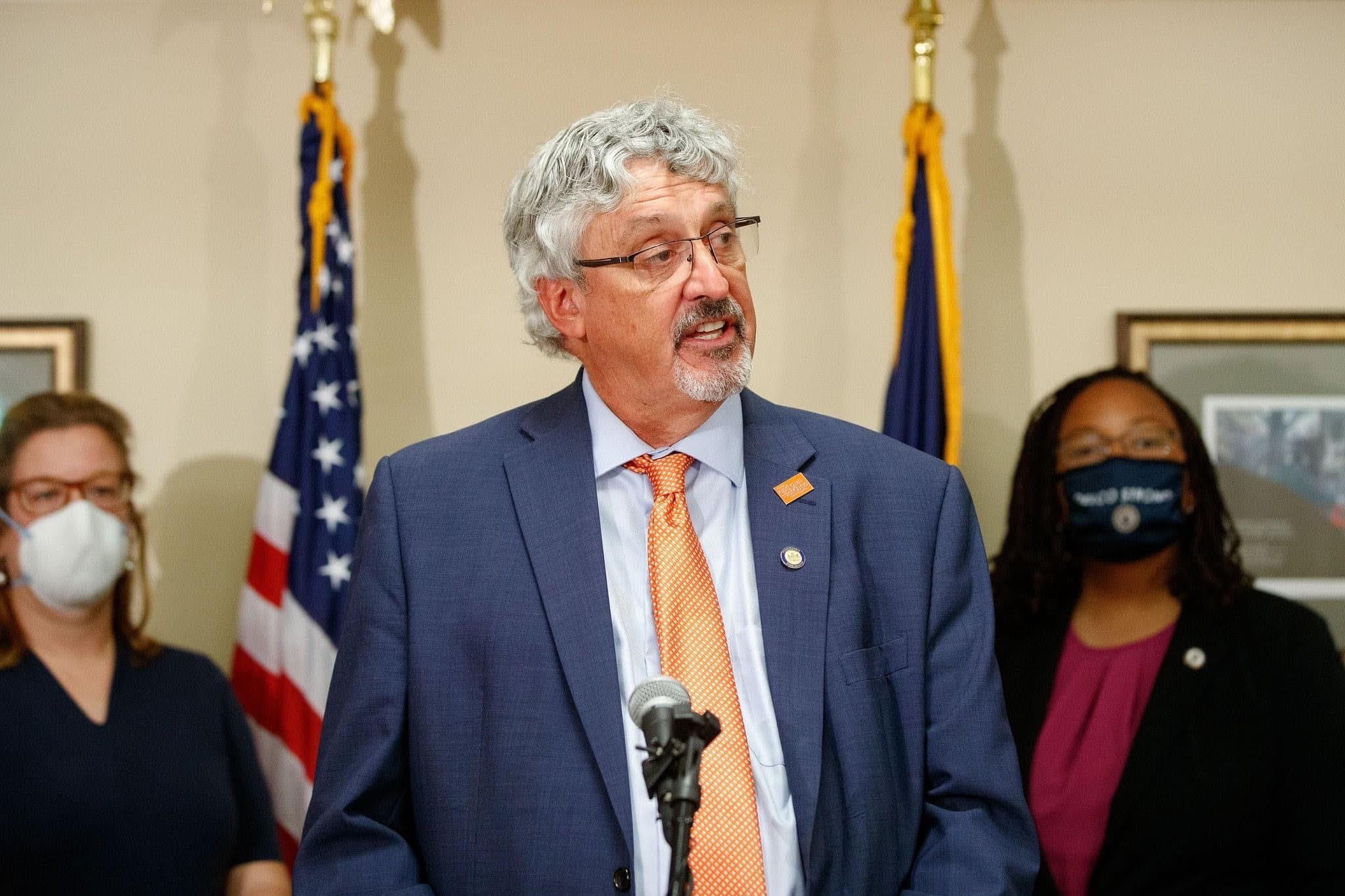SCHEUREN: House Democrats Miss Opportunity to Protect PA Homeowners

This week, the House passed Senate Bill 1236, which changed the legal definition of “squatters” to “trespassers.” While this is a good change and I voted to pass this bill, much more could have been done.
As you may recall, I have proposed my own legislation to fight back against the squatting epidemic with House Bill 2237, better known as the Homeowner Protection and Squatter Eviction Act. My legislation would do four key things to fight back against squatters:
- Allow municipal and state law enforcement officers to immediately remove a squatter from the property if the homeowner signs an affidavit stating that he or she is the lawful owner of the residence. The signee of the affidavit would be liable for unsworn falsification if they are found to not be the owner and face penalties themselves.
- Increase the penalty for any squatter who causes $1,000 or more in property damage while unlawfully occupying a residence to a felony of the first degree.
- Allow home and landowners to seek treble damages and attorneys’ fees via a civil action against the squatter.
- Require law enforcement to notify Immigration and Customs Enforcement (ICE) if the squatter is an illegal immigrant and to comply with any ICE detainer lodged against the illegal immigrant.
During House debate on Senate Bill 1236, I offered parts of my bills as amendments. Specifically, I offered an amendment that would have put the first provision from the Homeowner Protection and Squatter Eviction into Senate Bill 1236 and allowed law enforcement to immediately remove squatters if the homeowner signs an affidavit.
This amendment and the others I offered were common sense solutions and would have eliminated red tape, limited court appearances, eliminated squatters’ ability to cause destruction in the homes they invade, and given our police the authority to remove squatters.
Instead of allowing for debate and a vote on my amendments, though, House Democrats voted to table them. Rather than discuss this important issue and strengthen Senate Bill 1236 so it protected homeowners along with changing the legal definition of squatters, House Democrats stopped everything and pushed these important amendments to the side.
House Democrats showed this week that they do not care enough about the rights of homeowners across our commonwealth to even hold votes on amendments that would have protected them. This is a major missed opportunity to increase protections for law-abiding Pennsylvanians and punish criminals.
I will continue to push for action on the Homeowner Protection and Squatter Eviction Act, which is currently stuck in the House Judiciary Committee awaiting action, and fight for the rights of homeowners. Pennsylvanians deserve action – and I hope to force that action soon.
Please follow DVJournal on social media: Twitter@DVJournal or Facebook.com/DelawareValleyJournal





